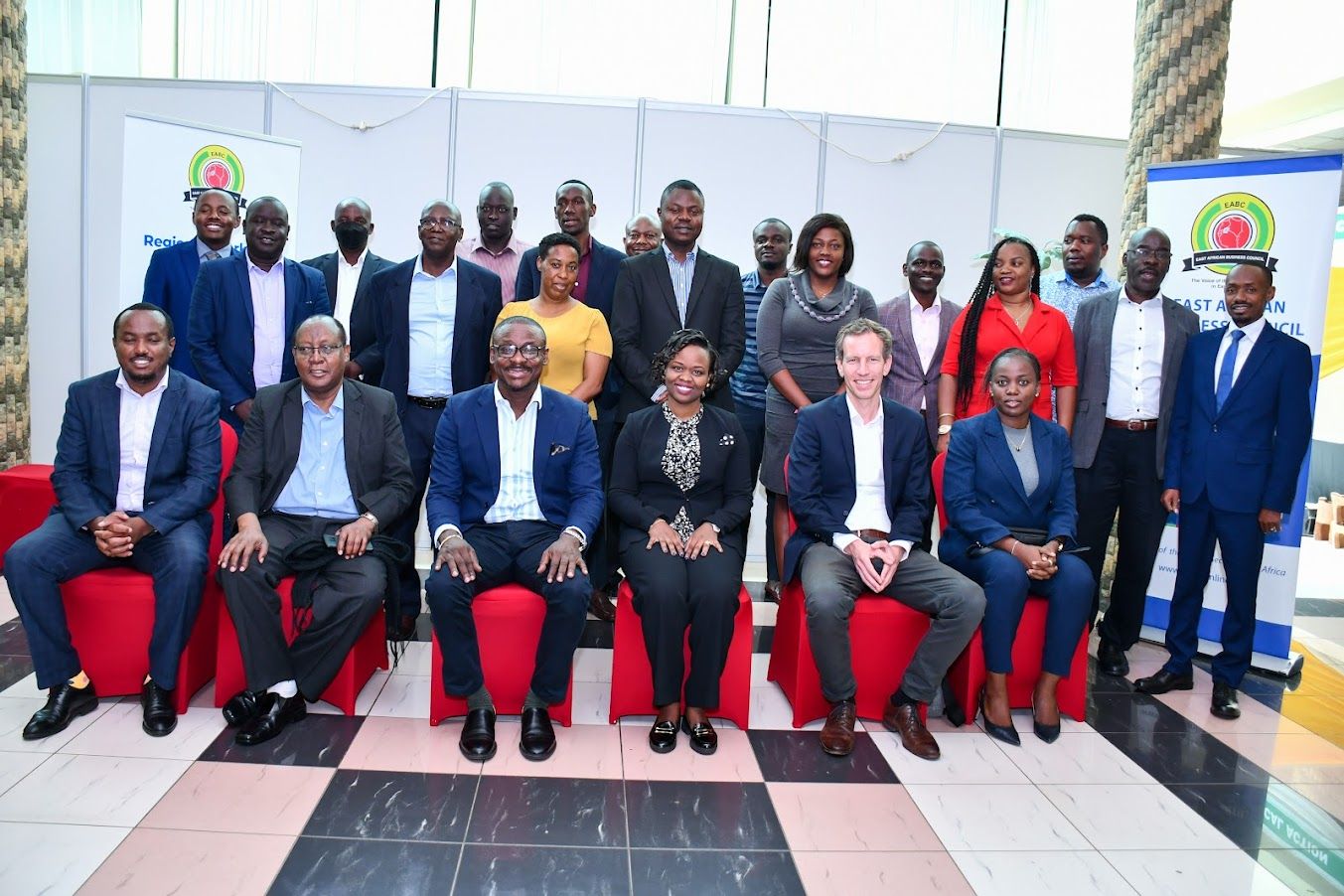As part of EAC’s and GIZ’s joint effort to support the East African private sector, the Support to the East African Integration Process (SEAMPEC II) programme is partnering with the East African Business Council (EABC) to enhance effective private sector participation in the African Continental Free Trade Area (AfCFTA).
Since the re-establishment of the EAC, private sector has been a very active stakeholder, participating in policy formulation and more importantly taking advantage of the opportunities presented by the regional integration process through intra-EAC trade and investment. However, this involvement was partly disrupted during the COVID-19 pandemic, impacting supply chains, trade and economies around the globe – and just as they were slowly recovering, the Russian attack on Ukraine exacerbated global prices once again affecting the EAC private sector.
Now, the launch of trading under the AfCFTA is seen by the private sector as a huge opportunity to drive Africa from a low 15% intra African trade to even 40%. The main objective of the AfCFTA is to create a single continental market for goods and services. When fully implemented in 2030, the AfCFTA will create a single market with a collective GDP of USD 3.5 trillion.
Therefore, to enable the EAC private sector to contribute effectively in the ongoing discussions at AfCFTA level, SEAMPEC II through its support to EABC has embarked on developing capacity of the private sector across all EAC Partner States through regular trainings on the AfCFTA agreement, specifically the Trade in Goods Protocol. The goal is to have private sector participating in the effective implementation of AfCFTA as well as developing policy briefs/positions of SMEs on regional integration and AfCFTA which SMEs will present to policy makers for a more conducive business environment.
So far, a regional training of trainers workshop was conducted in Nairobi, Kenya in December 2022 with a total pool of 19 regional master trainers trained and equipped with knowledge to conduct regular trainings. Additionally, four national workshops facilitated by the master trainers have been held in Rwanda, Kenya, Tanzania and Uganda. This support is expected to be extended to have similar workshops in Burundi and South Sudan and at a later stage in the Democratic Republic of the Congo.
Find more information on SEAMPEC II here.
